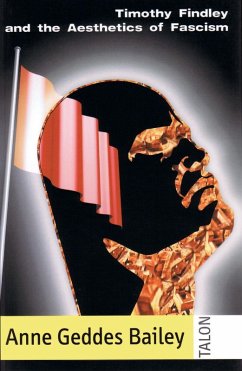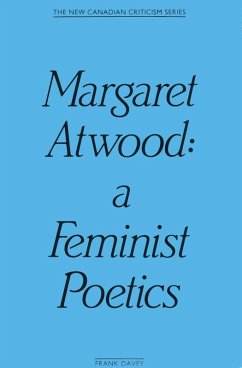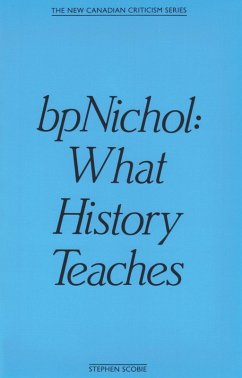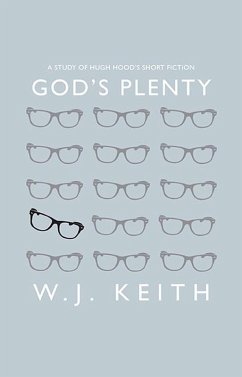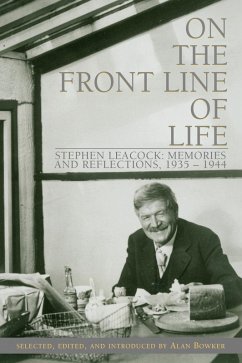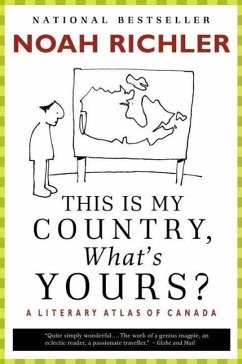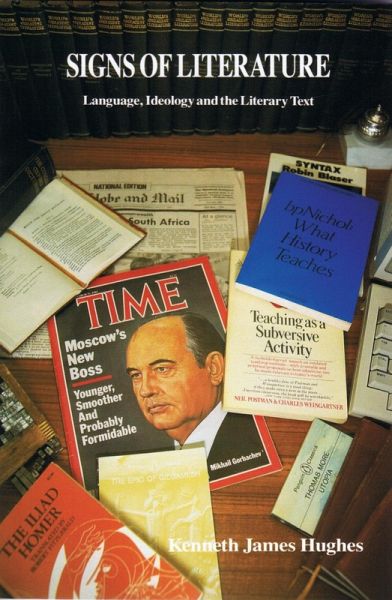
Signs of Literature (eBook, ePUB)
Language, Ideology, and the Literary Text

PAYBACK Punkte
6 °P sammeln!
This language primer begins with a suitably esoteric-looking chapter called "The Language of Time." It isn't until the second paragraph that the unsuspecting reader realizes Hughes is talking about the language of Time magazine, which he analyzes as a piece of fiction. Indeed, for Hughes, there is no such thing as a substantive distinction between fiction and non-fiction-there are only texts that do things with structural techniques of syntax and signs. Some of these texts we have commonly agreed to believe are fiction; others we have commonly agreed to believe are fact. None of these texts, h...
This language primer begins with a suitably esoteric-looking chapter called "The Language of Time." It isn't until the second paragraph that the unsuspecting reader realizes Hughes is talking about the language of Time magazine, which he analyzes as a piece of fiction. Indeed, for Hughes, there is no such thing as a substantive distinction between fiction and non-fiction-there are only texts that do things with structural techniques of syntax and signs. Some of these texts we have commonly agreed to believe are fiction; others we have commonly agreed to believe are fact. None of these texts, however, has anything to do with truth, much less Truth with a capital "T". In an amazing brief and headlong rush through the history of language from classical Greece to the 20th century, Hughes demonstrates convincingly that neither the empirical world, nor the metaphysical world, has ever informed language. Rather, it is always language which informs the world.
Hughes's careful analysis of the techniques of the English language, from Anglo-Saxon verse to the latest post-modern text, constantly reminds us that language is always a made thing, and that the empirical objects captured by language are never immediate, but always mediated by the perception and the craft of the speaker or the author. This book is a must for every serious student of language and literature: because it introduces the reader so effortlessly to the latest vocabulary and techniques of structuralist criticism, it is a basic tool for anyone wishing to communicate his or her ideas to anyone else, and in any discipline. The surprise of the book for the lay reader is that it is so richly entertaining. Its constant demystification of the technique of communication we most take for granted-common speech-offers the reader surprise and delight from the first page to the last.
Hughes's careful analysis of the techniques of the English language, from Anglo-Saxon verse to the latest post-modern text, constantly reminds us that language is always a made thing, and that the empirical objects captured by language are never immediate, but always mediated by the perception and the craft of the speaker or the author. This book is a must for every serious student of language and literature: because it introduces the reader so effortlessly to the latest vocabulary and techniques of structuralist criticism, it is a basic tool for anyone wishing to communicate his or her ideas to anyone else, and in any discipline. The surprise of the book for the lay reader is that it is so richly entertaining. Its constant demystification of the technique of communication we most take for granted-common speech-offers the reader surprise and delight from the first page to the last.
Dieser Download kann aus rechtlichen Gründen nur mit Rechnungsadresse in A, D ausgeliefert werden.




